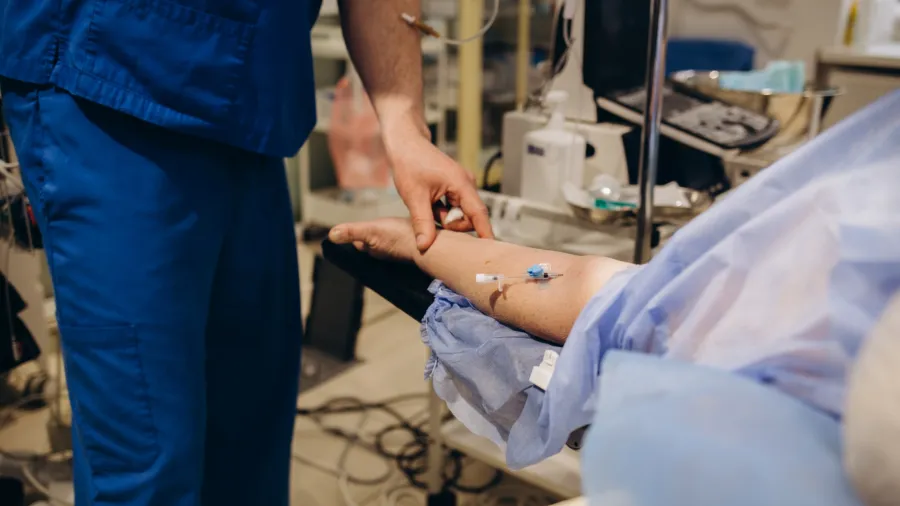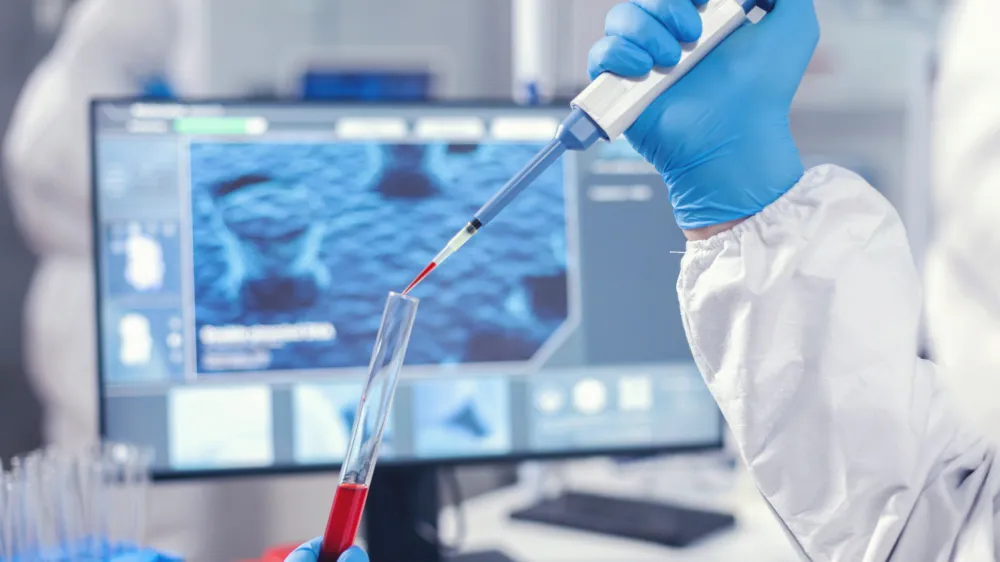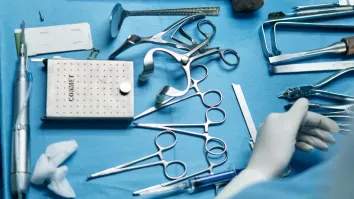
Sepsis drug development remains challenged amidst high trial failures
Currently, there are 14 drugs in late-stage development across eight major markets.
Sepsis, a condition caused by an abnormal immune response to infection, leads to millions of deaths globally each year. However, there is currently no drug specifically targetting the underlying mechanisms that cause the disease.
A GlobalData report revealed that key opinion leaders (KOLs) have cited the high failure rate of sepsis drug trials as a notable concern. Phase III trial failures for AM Pharma’s ReCAP and Asahi Kasei’s thrombomodulin alfa have contributed to this scepticism.
They also attributed these failures to the use of inappropriate trial endpoints and the recruitment of heterogeneous study groups.
Meanwhile, GlobalData infectious disease analyst Anaelle Tannen said that there was a significant lack of funding in this area, with only symptomatic treatments available for the condition.
“Enhancing awareness of sepsis is incredibly important, especially since the outcome of this disease is highly dependent on timely diagnosis and rapid initiation of therapeutics,” Tannen said.
The analyst suggested the increased use of artificial intelligence could help improve clinical trials by identifying homogenous patient populations based on specific biomarkers and matching these subgroups to specific drugs under investigation.
“This could increase the likelihood of approval of certain drugs for the treatment of sepsis,” Tannen added.
Currently, there are 14 drugs in late-stage development across eight major global markets (US, France, Germany, Italy, Spain, UK, Japan, and China).



















 Advertise
Advertise




